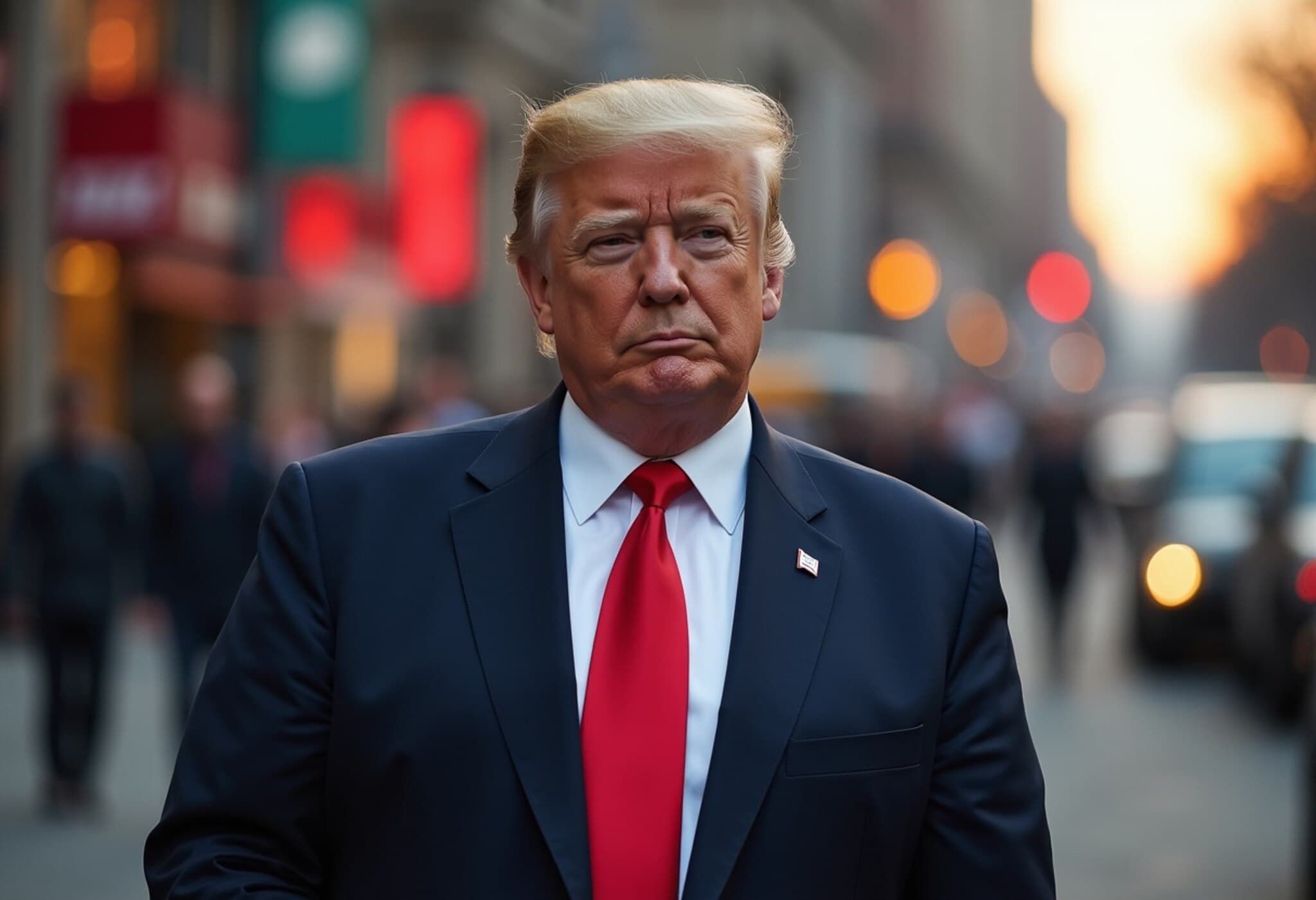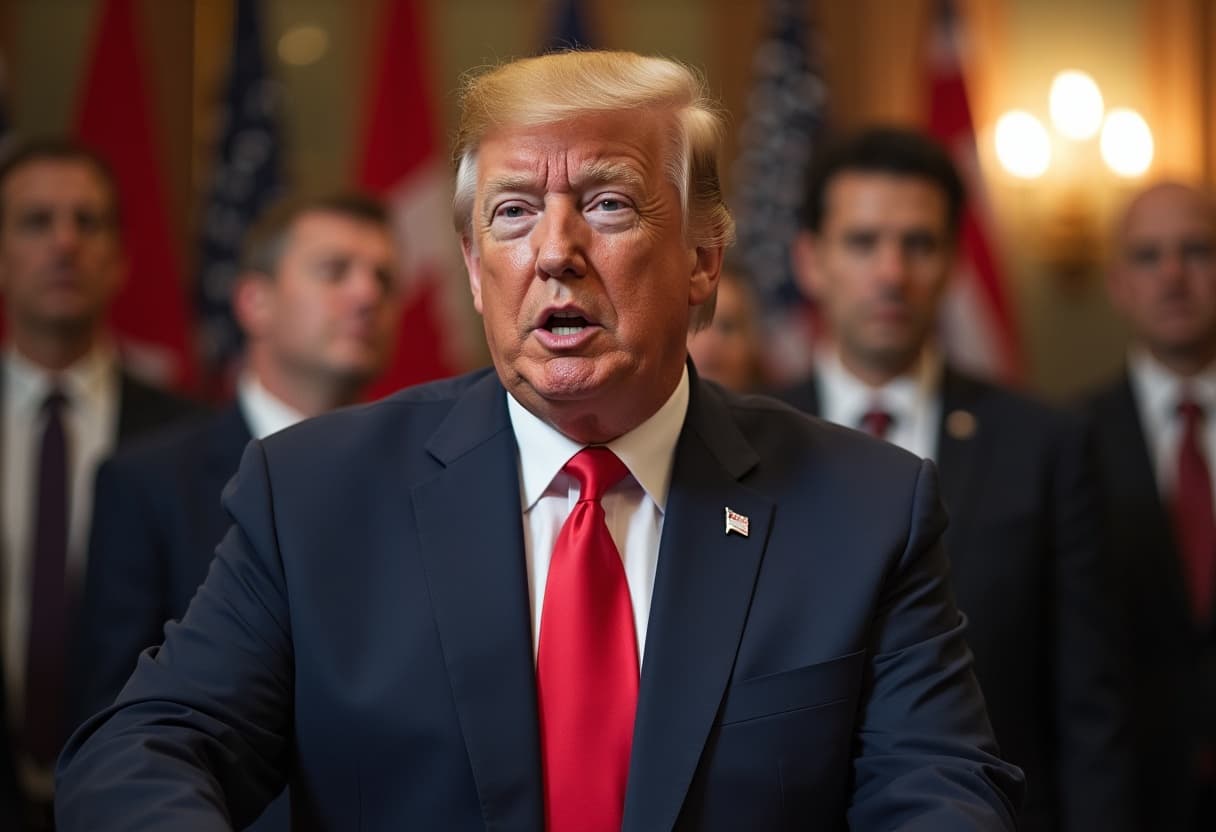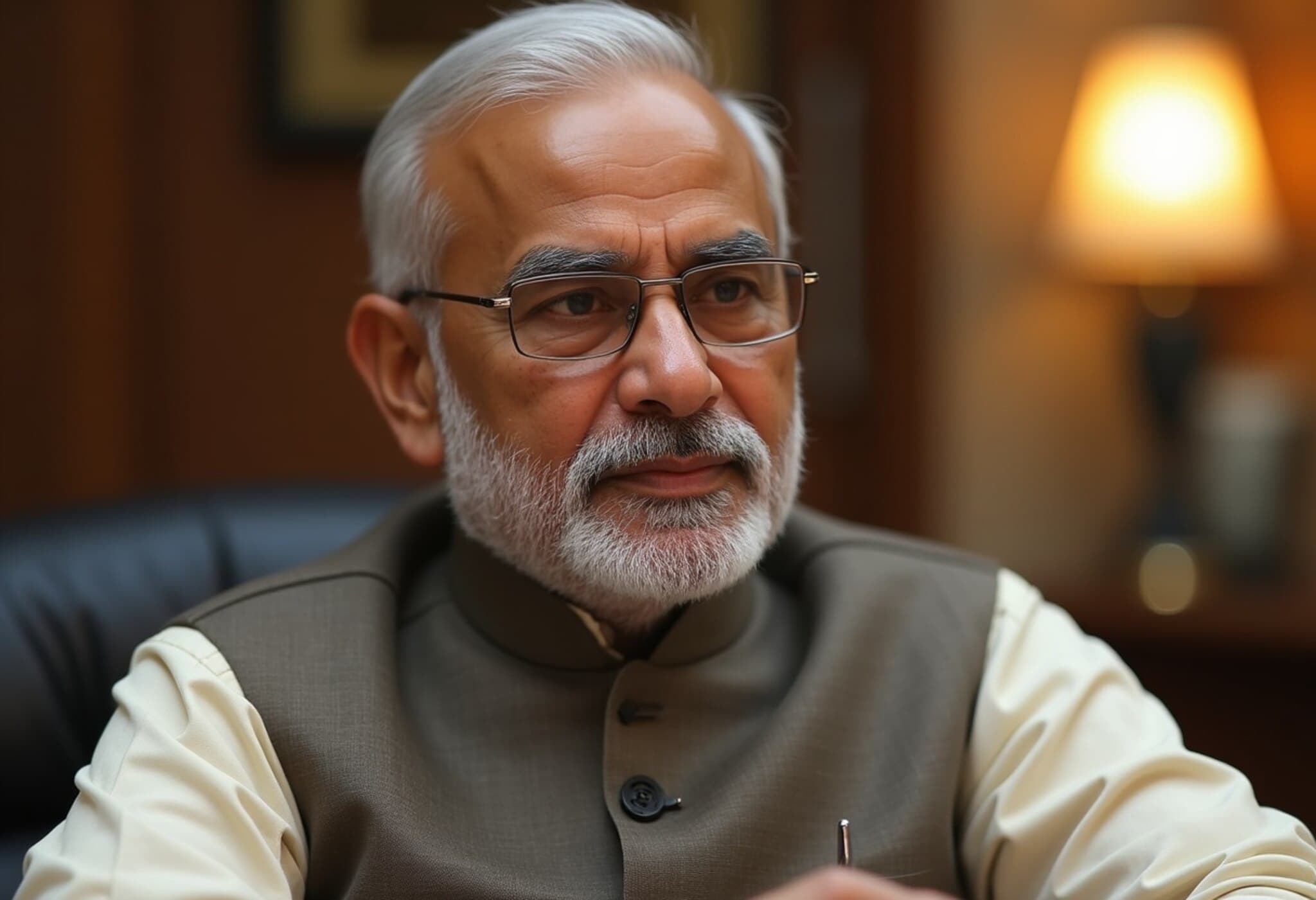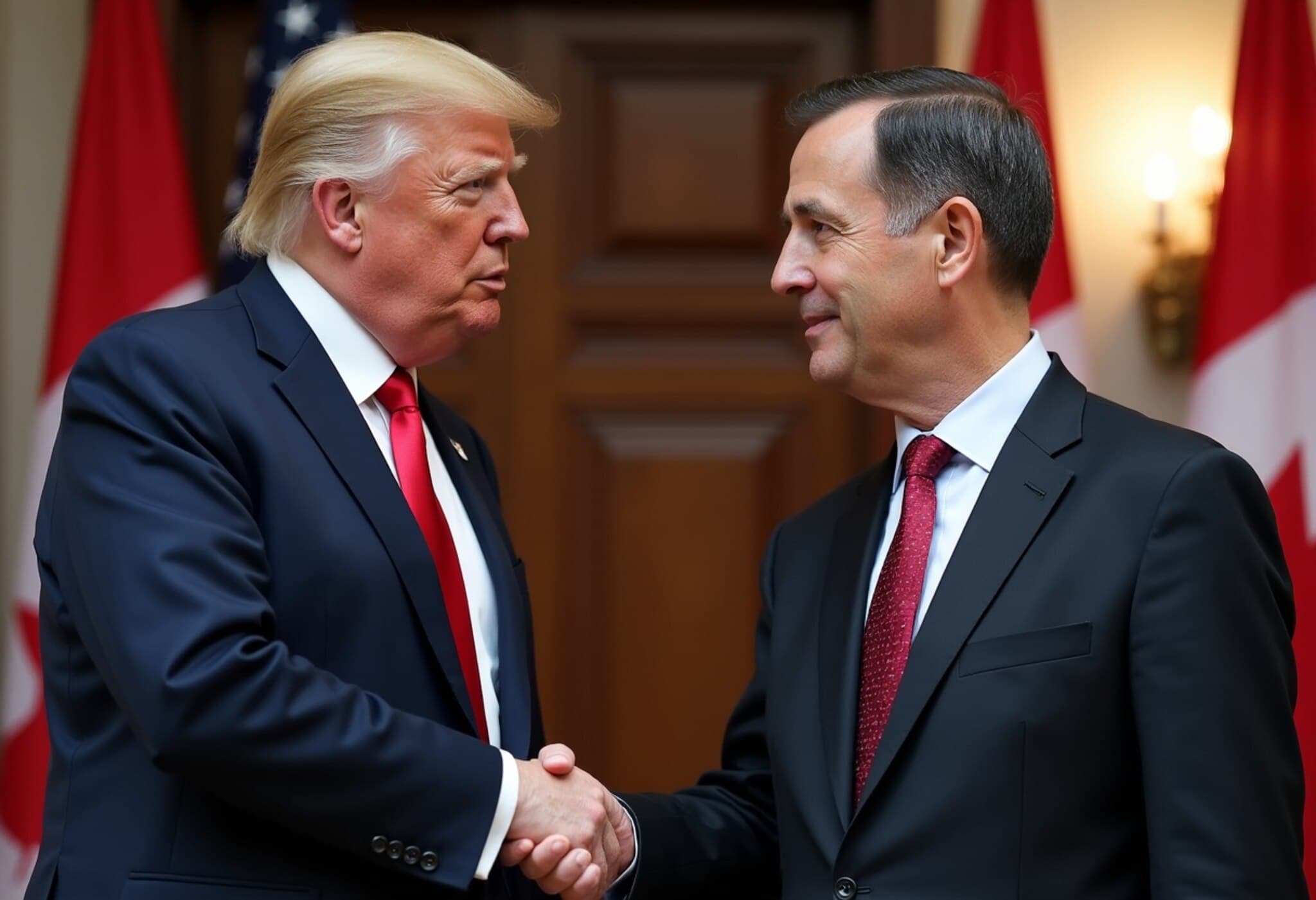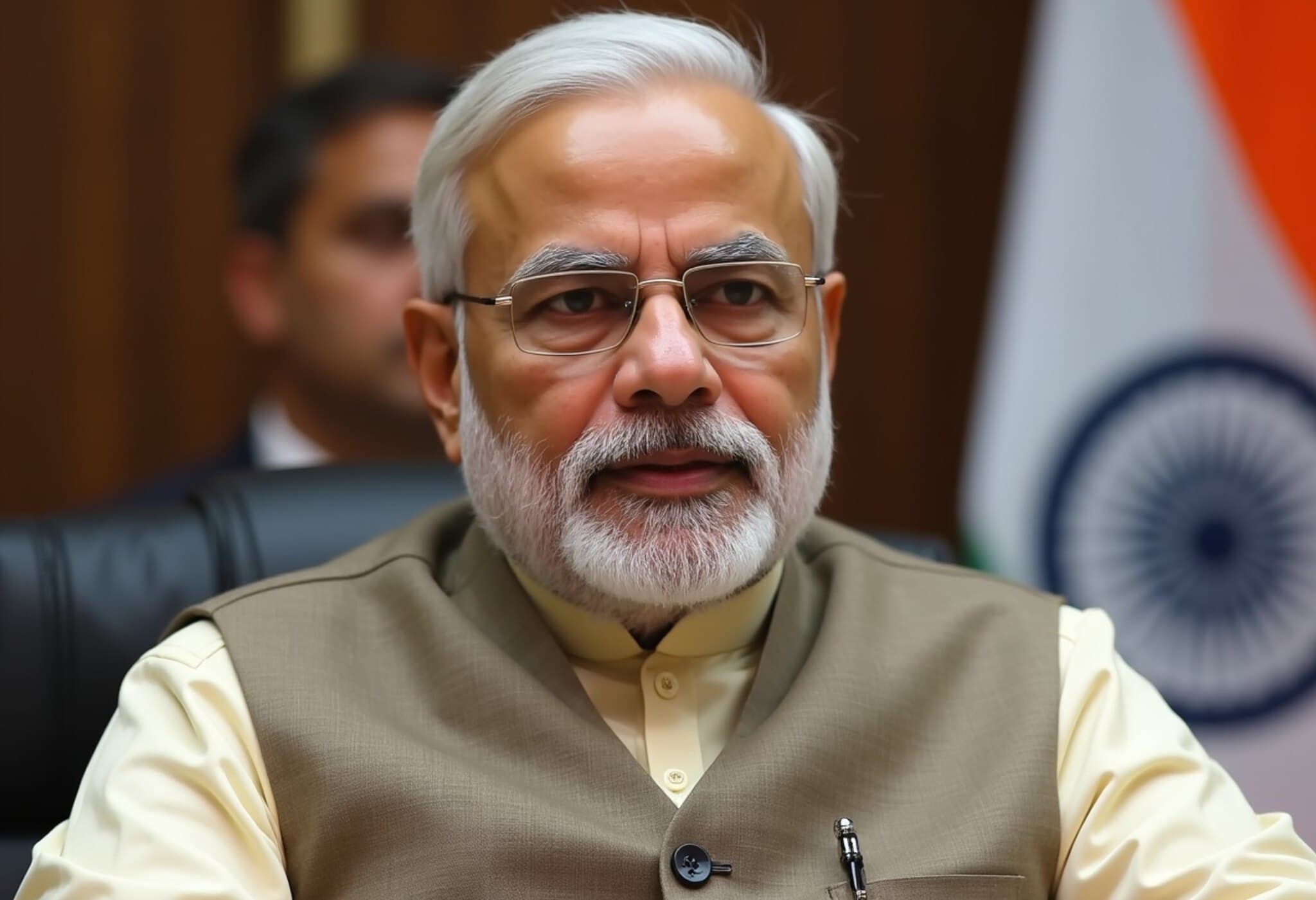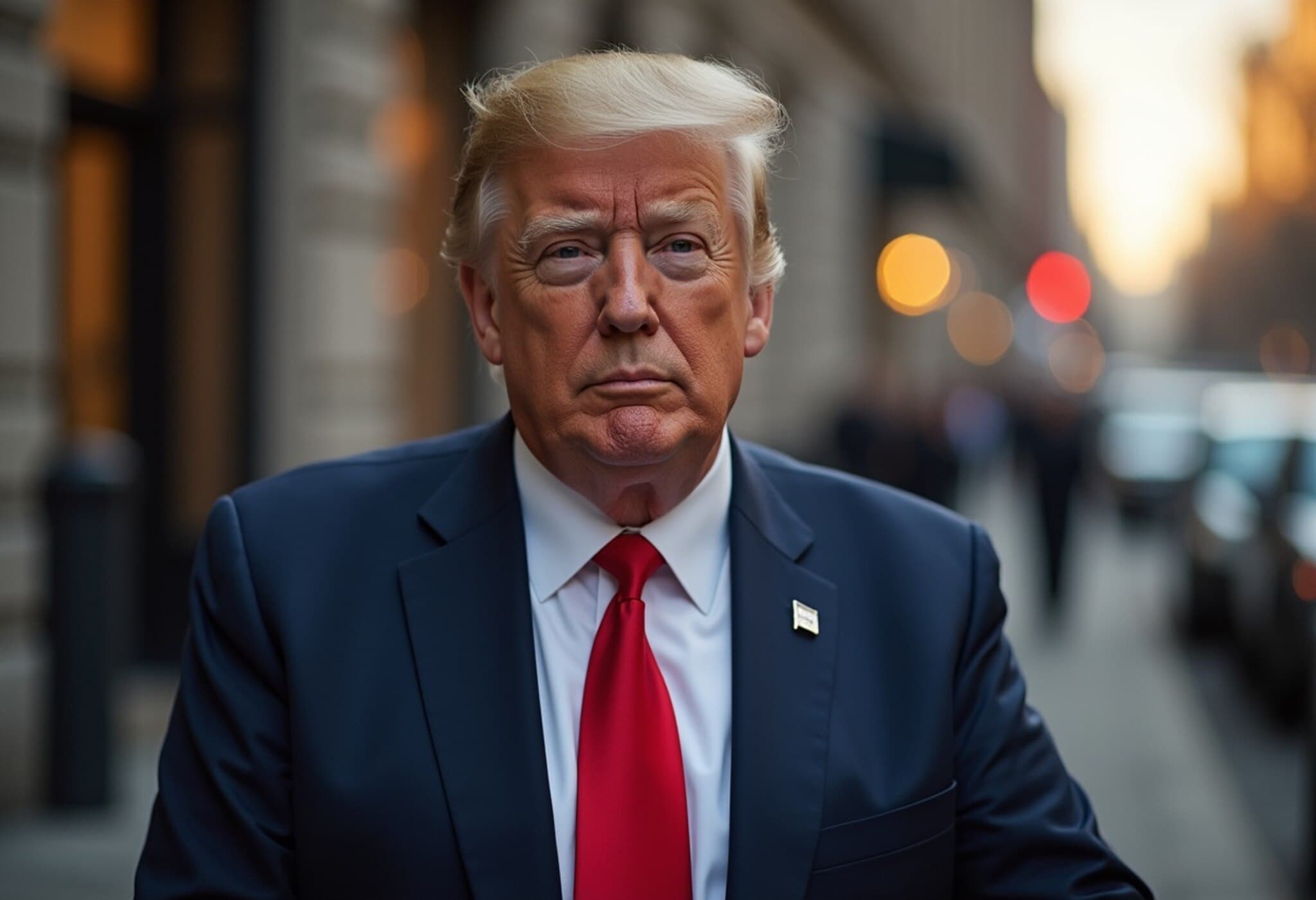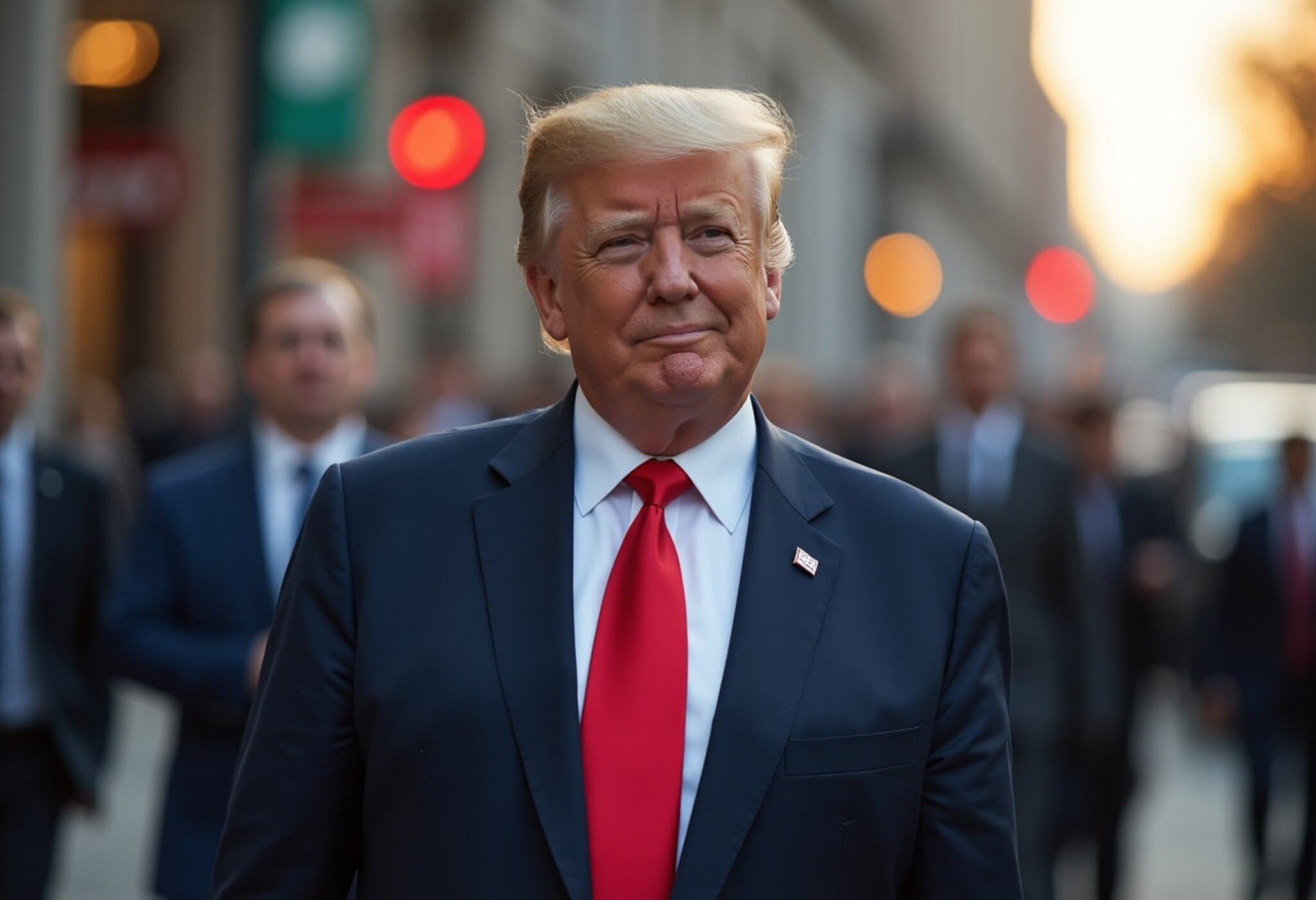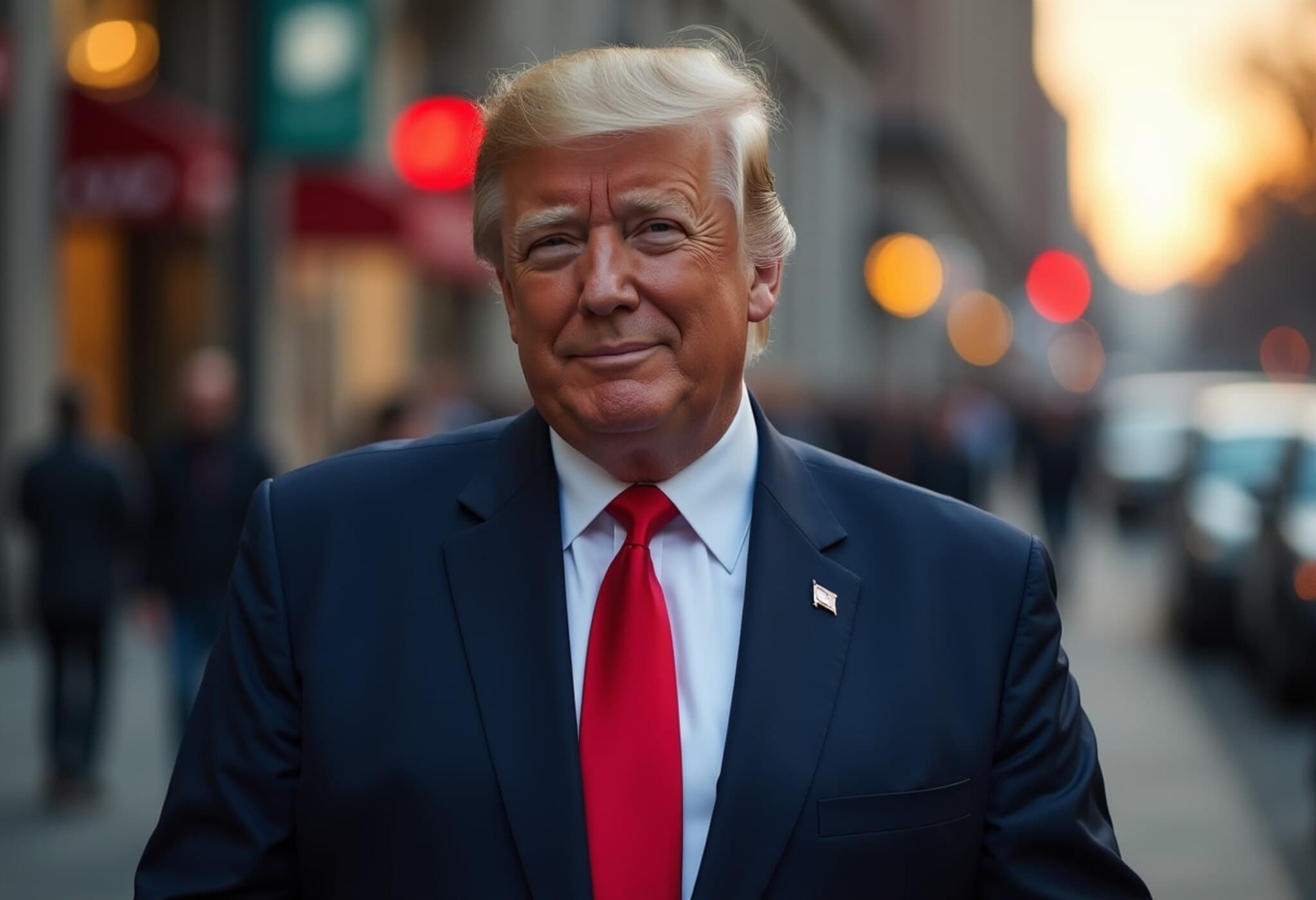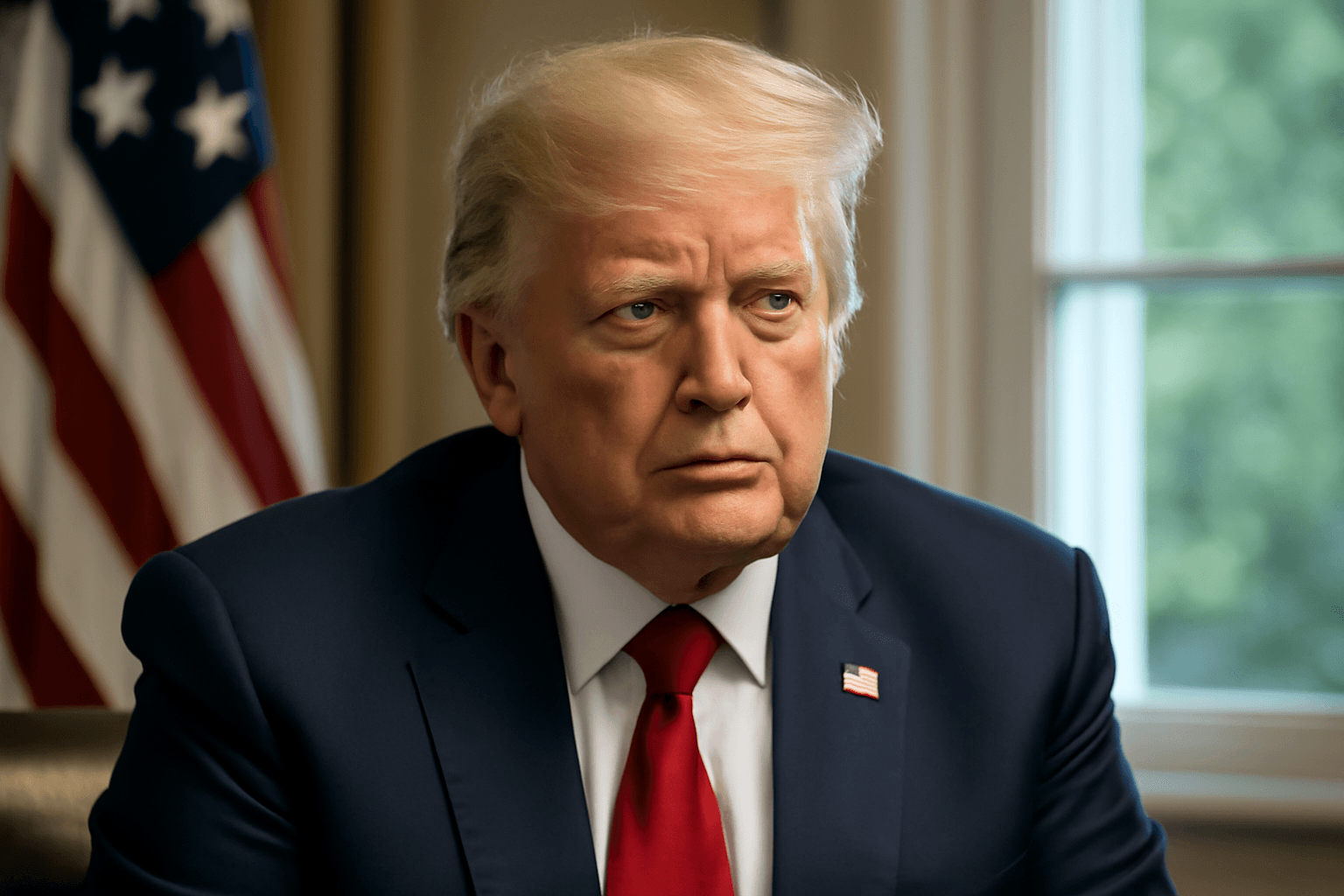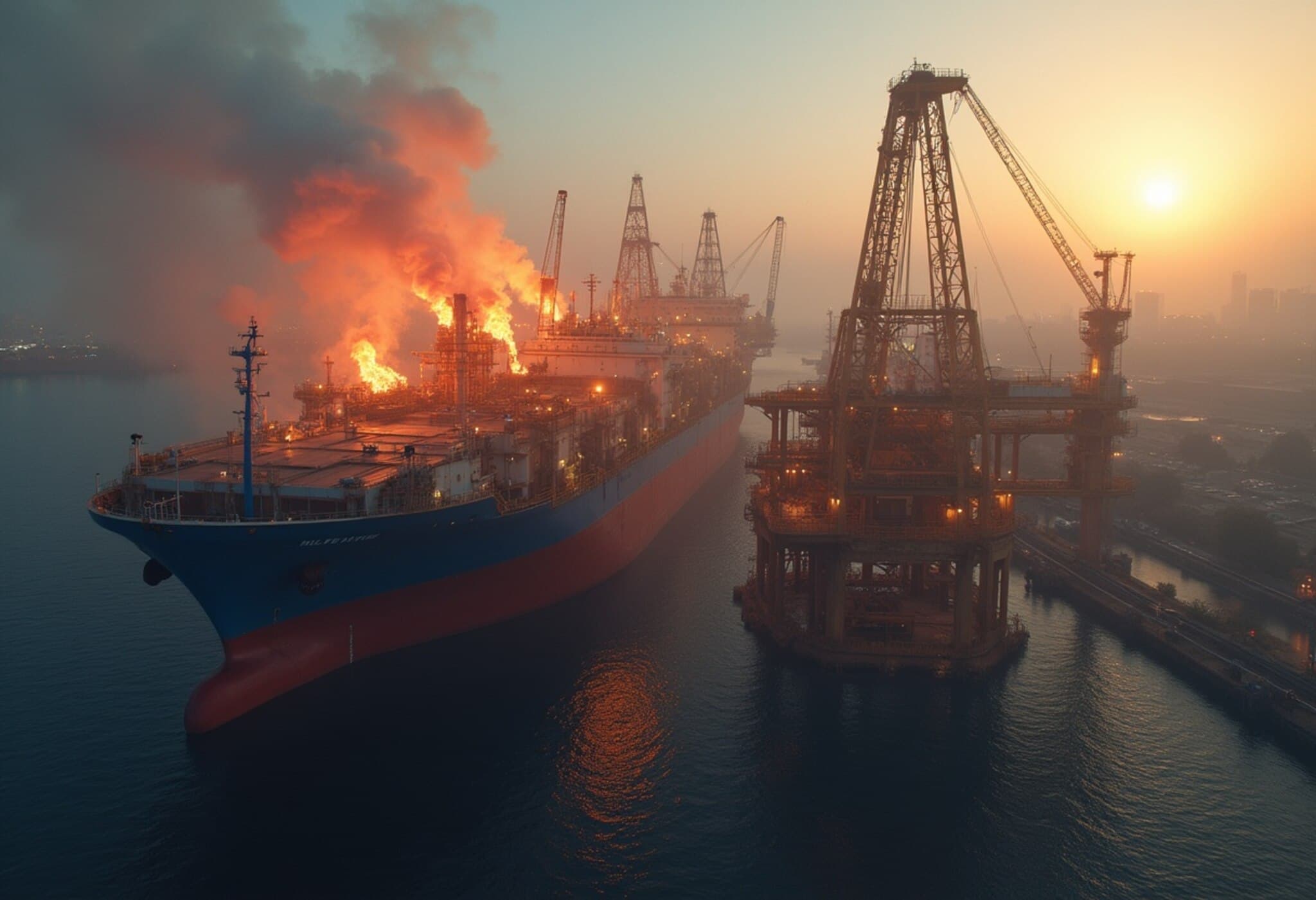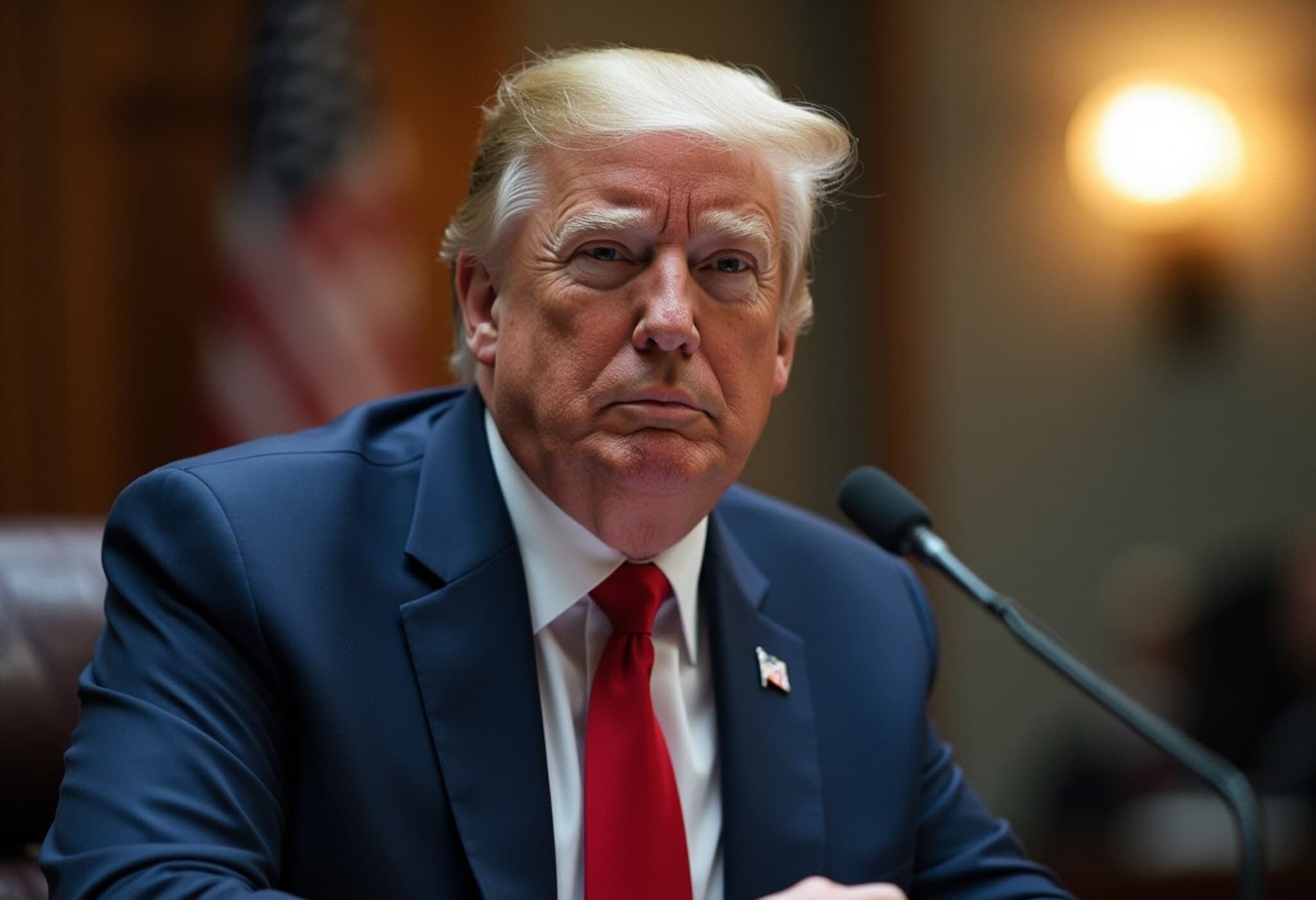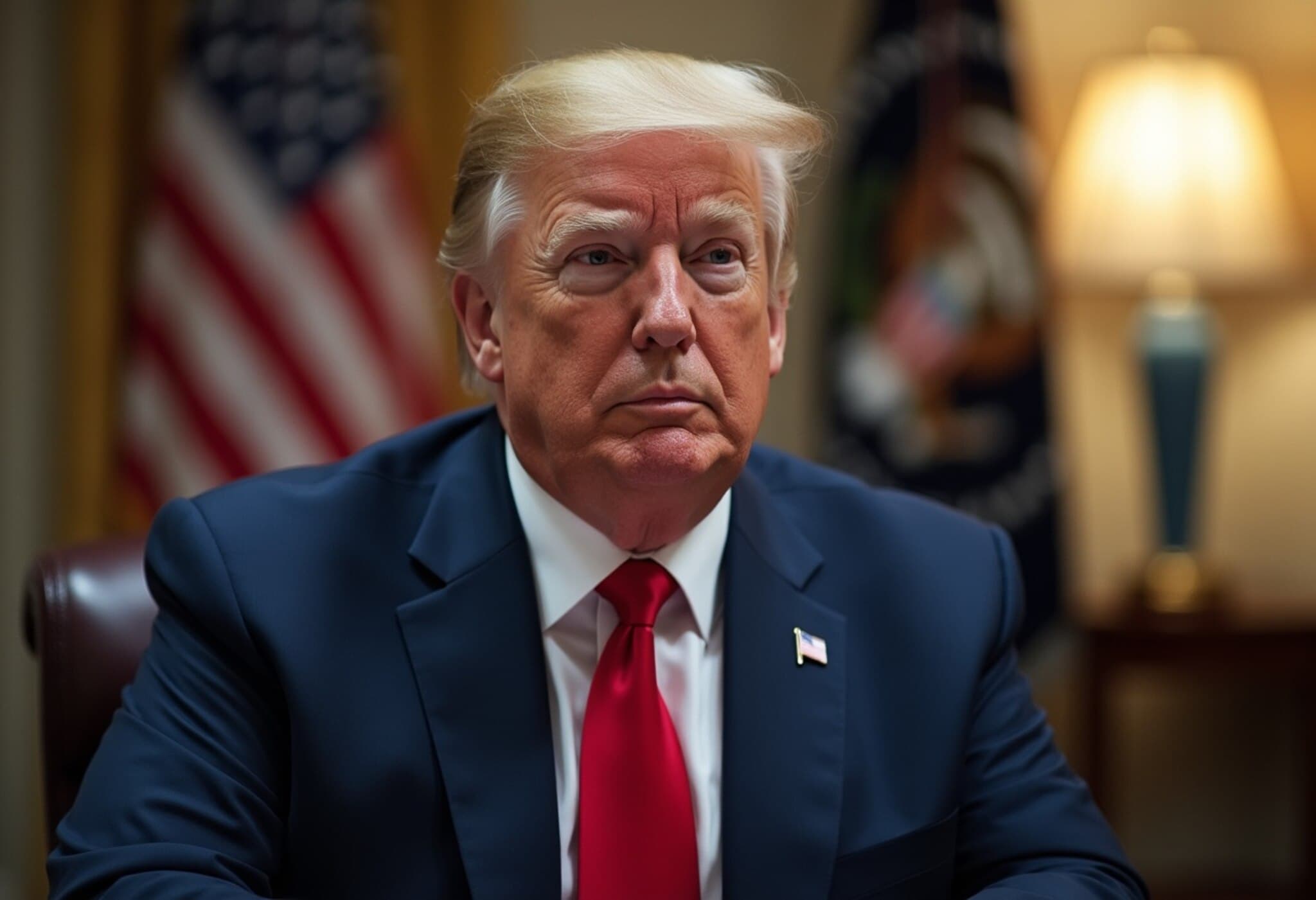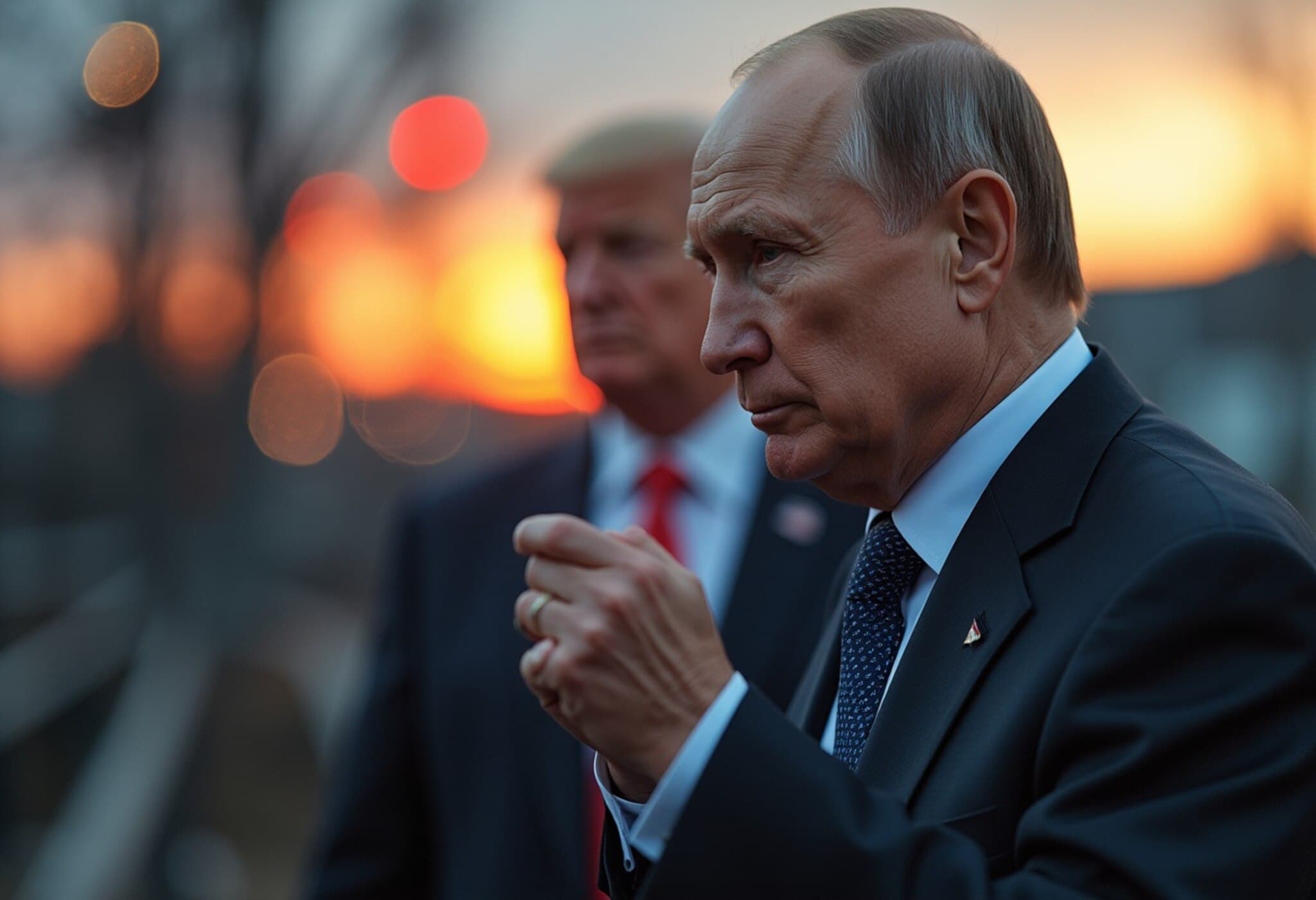Trump Considers Tariffs on Chinese Imports Linked to Russian Oil
In a development that signals escalating economic tensions, former US President Donald Trump is reportedly contemplating the imposition of tariffs on China in response to its purchases of Russian oil. This consideration comes just days after Trump announced significant tariff hikes on Indian goods over similar concerns, reflecting a sharper US stance on countries trading with Russia amid ongoing geopolitical issues.
Complexities Surrounding Tariffs on China
US Vice President JD Vance clarified on Fox News’ Sunday Morning Futures that while tariffs on China remain a possibility, no definitive decisions have been made. “The President said he’s thinking about it, but he hasn’t made any firm decisions,” Vance explained. He highlighted that the China situation is "a bit more complicated" given the multifaceted nature of the US-China relationship, which involves intertwined economic and strategic interests beyond just Russian oil trade.
China's imports of Russian crude reportedly exceeded $10 billion in July, marking the largest monthly volume since March. However, year-to-date figures still trail 7.7 percent behind those of 2024, underscoring nuanced shifts in trade patterns.
US Reviewing Policy Options
Vice President Vance emphasized that President Trump is actively reviewing possible courses of action and will announce decisions when ready. Meanwhile, senior adviser Peter Navarro cautioned against swift tariff implementation, noting potential adverse impacts on US economic interests.
Recent US Tariffs on India Over Russian Oil Trade
Last week, Trump escalated tariffs on India, imposing an additional 25 percent duty on goods imported from India, which already faced a 25 percent tariff, effectively reaching a combined 50 percent rate. This punitive measure targets India for its ongoing purchases of Russian oil, set to take effect on August 27. The hike places Indian goods among the most heavily taxed by the US.
India’s Strong Rebuttal
The Indian government swiftly condemned the tariff increase, labeling it “unfair, unjustified and unreasonable.” The Ministry of External Affairs asserted India’s right to pursue energy security through market-driven imports, crucial for its 1.4 billion population. India vowed to take all necessary measures to defend its national interests amid what it views as punitive unilateral US trade actions.
China Defends Its Trade Relations With Russia
In response to mounting criticism, Beijing reaffirmed its stance on conducting “legitimate and lawful” economic and energy cooperation with all countries, including Russia. The Chinese Foreign Ministry emphasized that any energy security measures taken would align with national interests, reflecting China's determination to maintain its strategic autonomy despite Western pressures.
Expert Analysis: Navigating Economic Sanctions and Global Trade Diplomacy
These tariff considerations reveal a broader US strategy to impose economic costs on nations deepening ties with Russia during a fraught geopolitical era. However, imposing tariffs on China presents unique challenges. Unlike India, China is a global economic titan whose cooperation impacts supply chains, technology, and international stability.
Analysts caution that aggressive trade actions could trigger retaliatory measures, intensify global market disruptions, and complicate delicate diplomatic negotiations. The US must balance exerting pressure on Russia’s trade partners while safeguarding vital economic relationships that influence innovation, security, and global economic health.
Moreover, the situation spotlights a critical debate: How can the US and its allies enforce sanctions effectively without alienating key global partners or undermining multilateral relations essential for addressing complex issues like climate change, technological competition, and regional security?
What Lies Ahead?
- Potential escalation: The US may proceed with tariffs as part of a broader strategy to curb Russian energy financing.
- Economic ramifications: Tariffs could provoke trade retaliation, supply chain volatility, and impact multinational corporations.
- Diplomatic negotiations: Behind-the-scenes discussions will likely intensify as all parties seek to manage fallout.
Editor’s Note
As the US weighs tariffs on China following India’s recent trade penalties, this evolving scenario underscores the intricate interplay between economic policy and geopolitics. While aiming to isolate Russia economically, the US must carefully navigate the fine line between sanction enforcement and sustaining critical global relationships. Observers should watch closely how these decisions influence not only energy markets but also broader international ties in this complex, interconnected era.

